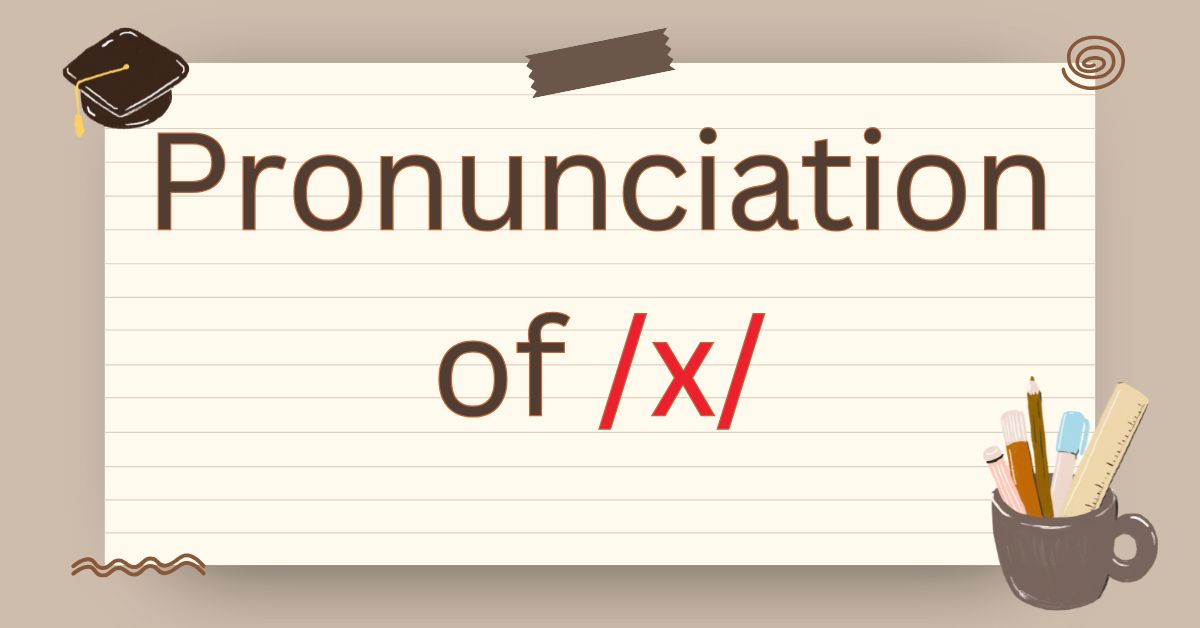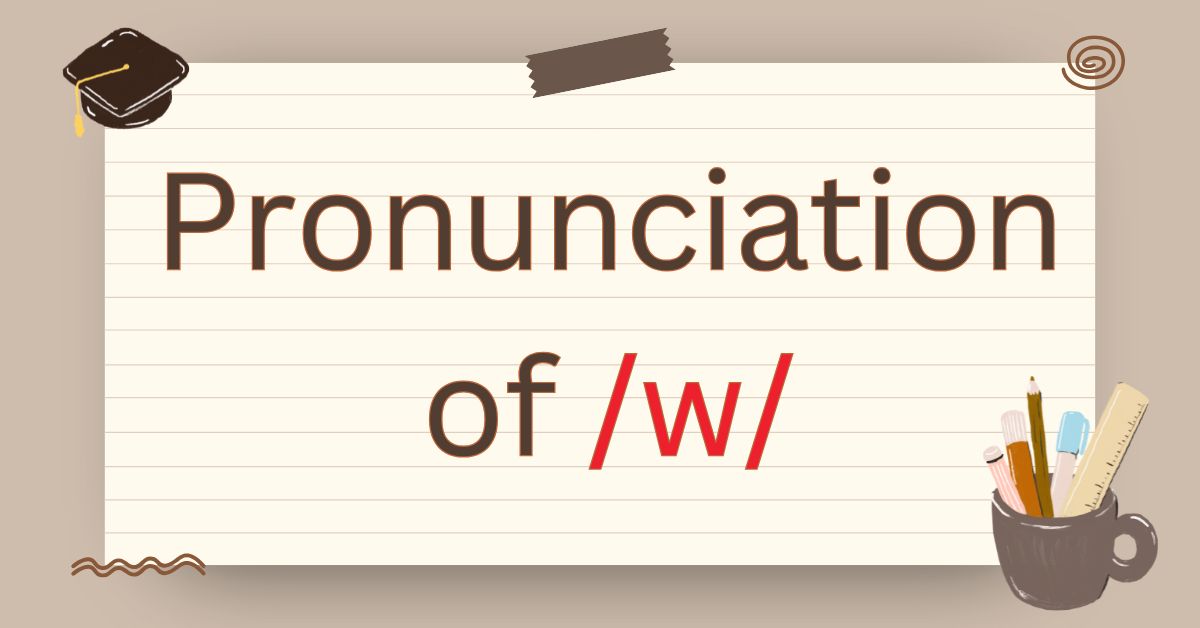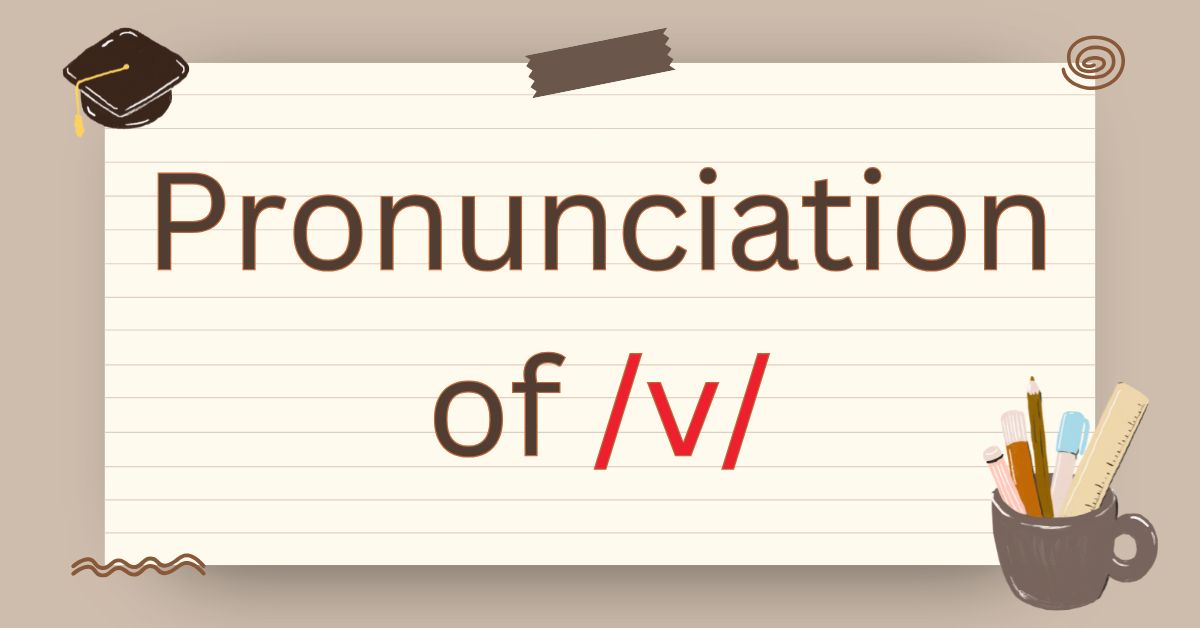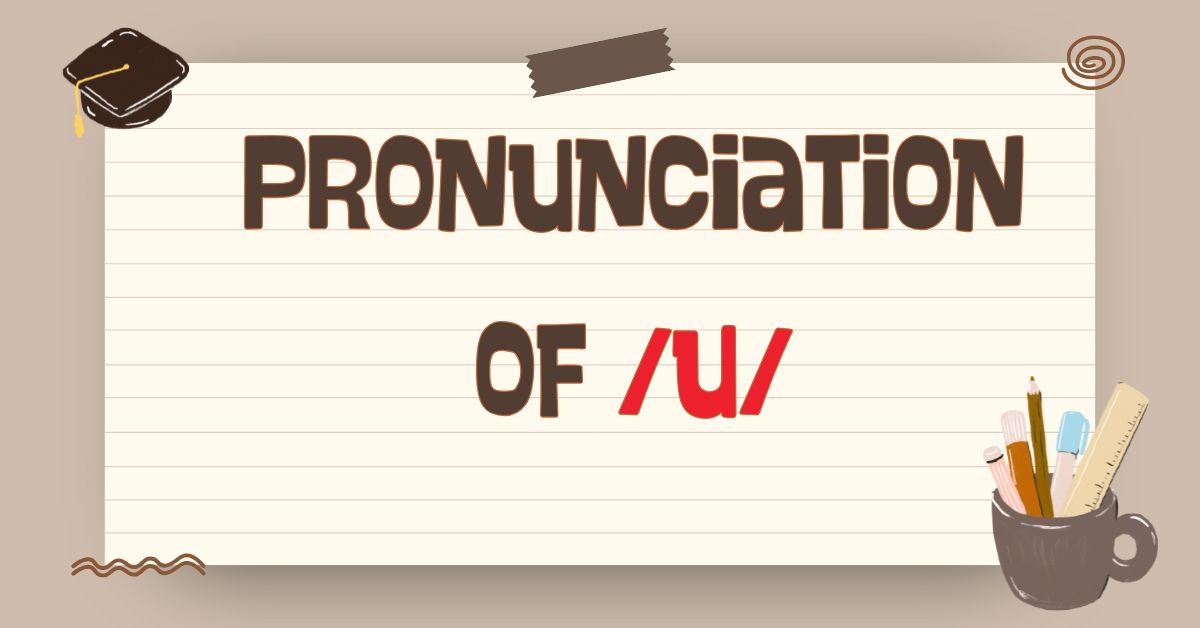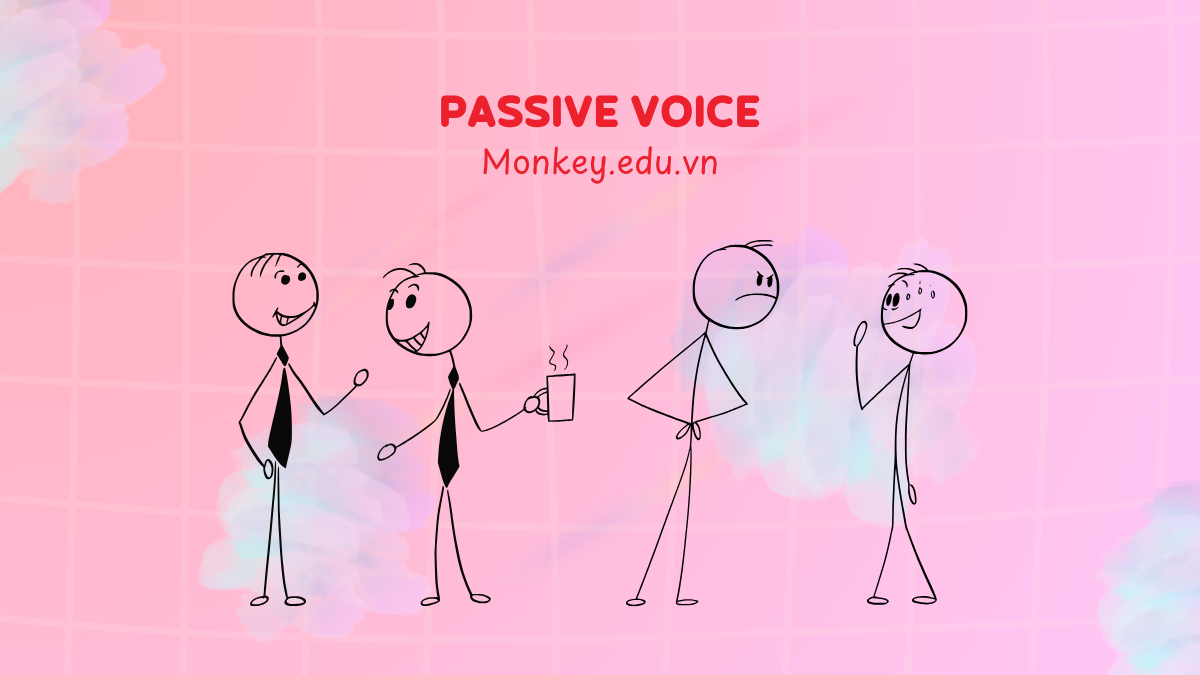เมื่อเรียนภาษาอังกฤษ คุณมักจะพบกับสรรพนามสัมพันธ์ เช่น why, whom, whose, which และ that แต่คุณได้เชี่ยวชาญการใช้ที่ถูกต้องแล้วหรือยัง? ในคู่มือนี้ Monkey ได้นำเสนอภาพรวมที่ครบถ้วนเกี่ยวกับคำสรรพนามสัมพันธ์ พร้อมแบบฝึกหัดเพื่อช่วยตรวจสอบความเข้าใจของคุณ
คำสรรพนามสัมพันธ์คืออะไร?
คำสรรพนามสัมพันธ์คือคำที่ใช้เชื่อมวลีหรืออนุประโยคภายในประโยค สรรพนามเหล่านี้มักตามหลังคำนามและทำหน้าที่เป็นตัวเชื่อม โดยแทนคำนามที่ได้กล่าวถึงไปแล้ว คำสรรพนามสัมพันธ์ที่พบบ่อย ได้แก่ why, whom, whose, which และ that
หน้าที่หลักของคำสรรพนามสัมพันธ์ในภาษาอังกฤษ:
-
เชื่อมประโยคหลักเข้ากับอนุประโยคสัมพันธ์
-
เพิ่มข้อมูลเพิ่มเติมให้กับอนุประโยคที่ตามมา
-
แทนที่คำนามหรือสรรพนามที่อยู่ข้างหน้า
ตัวอย่าง:
-
The book that I borrowed from the library was really interesting.
-
The person who called you is my friend.
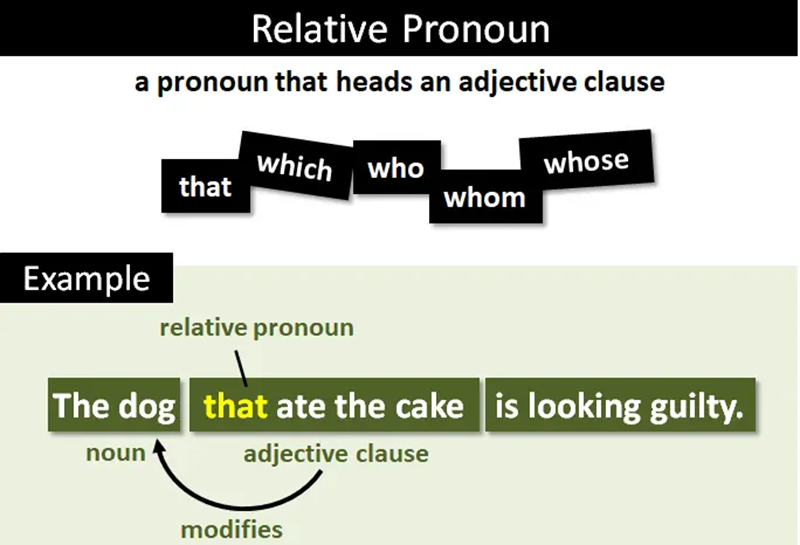
คำสรรพนามสัมพันธ์: โครงสร้างและการใช้งาน
มีคำสรรพนามสัมพันธ์ที่ใช้บ่อยหลายคำในภาษาอังกฤษ และนี่คือวิธีการใช้แต่ละคำอย่างถูกต้อง:
Who
Who เป็นคำสรรพนามสัมพันธ์ที่ใช้แทนคน สามารถทำหน้าที่เป็นประธานหรือกรรมแทนคำนามที่หมายถึงคน ผู้ที่เป็นผู้กระทำในประโยค
ตัวอย่าง: The man who is sitting by the car is my father.
Whom
คล้ายกับ Who แต่ Whom ใช้แทนคนที่เป็นผู้ถูกกระทำโดยการกระทำใด ๆ มักทำหน้าที่เป็นกรรมในอนุประโยคสัมพันธ์ และมักวางหลังบุพบท ใช้บ่อยในภาษาทางการ
ตัวอย่าง: Afterwards he spent five minutes with the President of whom he is an unashamed admirer.
Whose
Whose เป็นคำสรรพนามสัมพันธ์ที่ใช้แทนคำแสดงความเป็นเจ้าของ ในประโยค หลัง Whose มักตามด้วยคำนามเสมอ
ตัวอย่าง:
-
I saw a man shouting at a driver whose car was blocking the street.
-
They take pains to hire people whose personalities predispose them to serve customers well.
Which
ใช้คำสรรพนามสัมพันธ์ Which เมื่อกล่าวถึงสิ่งของ โดยทำหน้าที่เป็นทั้งประธานหรือกรรมในประโยคได้
ตัวอย่าง: The car which was parked outside is mine.
That
“That” เป็นคำสรรพนามสัมพันธ์ที่มีความหลากหลาย ใช้แทนได้ทั้งคนและสิ่งของ มักทำหน้าที่เป็นประธานหรือกรรมในอนุประโยคสัมพันธ์ที่จำกัดความ
ตัวอย่าง: A horse stumbles that has four legs.
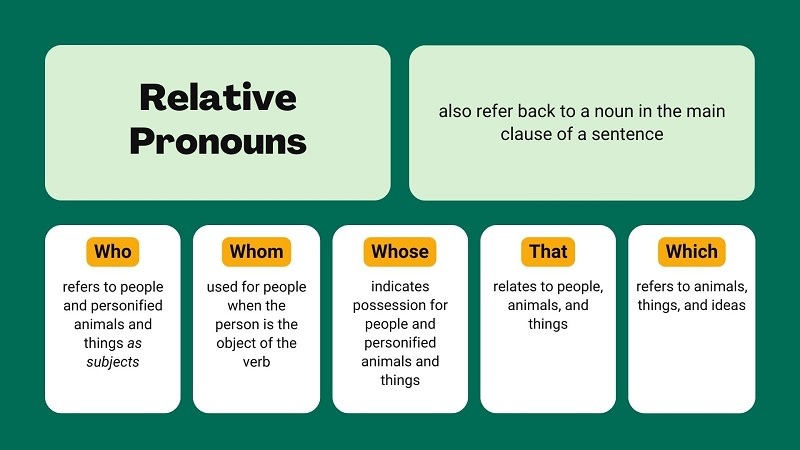
เมื่อต้องละคำสรรพนามสัมพันธ์
แนวคิด: ในบางอนุประโยคสัมพันธ์ คำสรรพนามสัมพันธ์สามารถละได้เพื่อทำให้ประโยคกระชับขึ้น โดยไม่เปลี่ยนความหมายหรือทำให้ผิดหลักไวยากรณ์
กฎการละ: สามารถละคำสรรพนามสัมพันธ์ได้เมื่อมันทำหน้าที่เป็นกรรมในประโยค
ตัวอย่าง: The girl (whom) I met yesterday lives near my house. -> “Whom” ทำหน้าที่เป็นกรรม จึงสามารถละได้
คุณยังสามารถละทั้งคำสรรพนามสัมพันธ์และกริยา “to be” ได้ เมื่อมีวลีคุณศัพท์ วลีบุพบท หรือกริยาช่อง -ing / -ed ตามหลัง
ตัวอย่าง: The man who is interested in my car will call later. -> “Who is” สามารถละได้ เนื่องจากตามด้วยวลีคุณศัพท์
หมายเหตุ: ในอนุประโยคขยายแบบไม่จำกัดความ (non-defining clauses) ไม่สามารถละคำสรรพนามสัมพันธ์ได้
ตัวอย่าง: Chinh, who is working with me, is running the China marathon this year.
หมายเหตุในการใช้คำสรรพนามสัมพันธ์
-
ใช้เครื่องหมายจุลภาค (,) ในอนุประโยคสัมพันธ์เมื่อคำนามเป็นชื่อเฉพาะหรือสิ่งที่รู้จักอยู่แล้ว
-
ห้ามใช้เครื่องหมายจุลภาคก่อน “that”
-
ใช้ “that” เมื่อคำนามที่ถูกแทนเป็นคำสรรพนามไม่ชี้เฉพาะ (indefinite pronoun) หรือเป็นประธานรวมที่มีทั้งคนและสิ่งของ
แบบฝึกหัดการใช้คำสรรพนามสัมพันธ์ (พร้อมคำตอบ)
แบบฝึกหัดที่ 1: รวมประโยคต่อไปนี้โดยใช้คำสรรพนามสัมพันธ์ที่เหมาะสม
-
I met a man. He had a dog with three legs. -> The man who had a dog with three legs.
-
My new school looks very beautiful. I moved to it a month ago. -> The school where I moved to a month ago looks very beautiful.
-
The man was injured in the accident. He is now in the hospital. -> The man whose injuries came from the accident is now in the hospital.
-
The building was destroyed in the fire. It is now being rebuilt. -> The building where the fire occurred is now being rebuilt.
-
Helen works for a company. The company makes furniture. -> Helen works for the company which makes furniture.
-
The police arrested the man. The man had stolen a wallet. -> The police arrested the man who had stolen a wallet.
-
The shuttle bus goes to the airport. It runs every half an hour. -> The shuttle bus that goes to the airport runs every half an hour.
-
1984 was written by George Orwell. His real name was Eric Blair. -> 1984 was written by George Orwell, whose real name was Eric Blair.
แบบฝึกหัดที่ 2: เติมคำในช่องว่างด้วย Who, Whom, Whose, Which, หรือ That
-
The girl who won the singing competition is my friend.
-
The man to whom I gave the book is my neighbor.
-
The car that belongs to my brother is parked outside.
-
The dog which is playing in the park is very friendly.
-
The house whose roof was damaged in the storm is being repaired.
-
The teacher who teaches math is very knowledgeable.
-
The restaurant that serves delicious food is always crowded.
-
The boy who won the race is my brother.
-
The book that I borrowed from the library is very interesting.
-
The laptop that I bought last week stopped working.
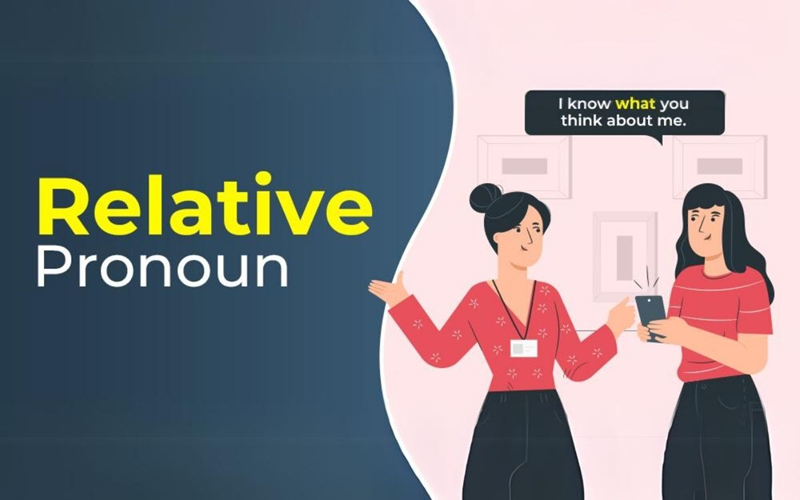
แบบฝึกหัดที่ 3: เลือกคำตอบที่ถูกต้องโดยใช้อนุประโยคคำสรรพนามสัมพันธ์
-
Attendance is mandatory for the staff meeting ………. for next Tuesday in the council hall -> scheduled
-
The Perfect Pet Parlor is a chain of stores ………….. a large selection of pet food and accessories -> selling
-
All commuters …………….. the main highway to get to the city center will face delays today -> using
-
Executive Transportation is a premier limousine company ………. the Houston metropolitan area -> serving
-
No liability can be accepted for any damage ………….. by passengers due to a delay -> incurred
Monkey Junior - เส้นทางการเรียนรู้ภาษาอังกฤษที่ครอบคลุมสำหรับเด็ก
Monkey Junior - เส้นทางการเรียนรู้ภาษาอังกฤษที่ครอบคลุมสำหรับเด็ก ช่วยให้เด็กพัฒนาทักษะภาษาอย่างเป็นระบบ ตั้งแต่ระดับเริ่มต้นไปจนถึงการสื่อสารได้อย่างมั่นใจด้วยเทคโนโลยีที่ทันสมัยและสื่อการเรียนกว่า 4,000 กิจกรรม
หากคุณต้องการเสริมความเข้าใจเรื่อง คำสรรพนามสัมพันธ์ในภาษาอังกฤษ พร้อมทั้งสร้างพื้นฐานภาษาอังกฤษที่แข็งแรงสำหรับลูกน้อย แนะนำให้ดาวน์โหลดแอป Monkey Junior เพื่อให้การเรียนรู้สนุก น่าสนใจ และได้ผลลัพธ์ที่ชัดเจน

ด้วยคำอธิบายและแบบฝึกหัดข้างต้น เราหวังว่าคุณจะเข้าใจการใช้คำสรรพนามสัมพันธ์ในภาษาอังกฤษได้อย่างมีประสิทธิภาพมากขึ้น ตั้งแต่โครงสร้างและวิธีการใช้งาน ไปจนถึงการทำให้ประโยคกระชับขึ้น คู่มือนี้จะช่วยเสริมสร้างความมั่นใจและทักษะไวยากรณ์ของคุณ นอกจากนี้ นอกเหนือจากคำสรรพนามสัมพันธ์แล้ว คุณยังสามารถเรียนรู้หัวข้อไวยากรณ์อื่น ๆ ได้กับสื่อการเรียนรู้ฟรีของ Monkey รวมถึงคำถามตัวอย่างและแบบทดสอบจำลอง




.png)
